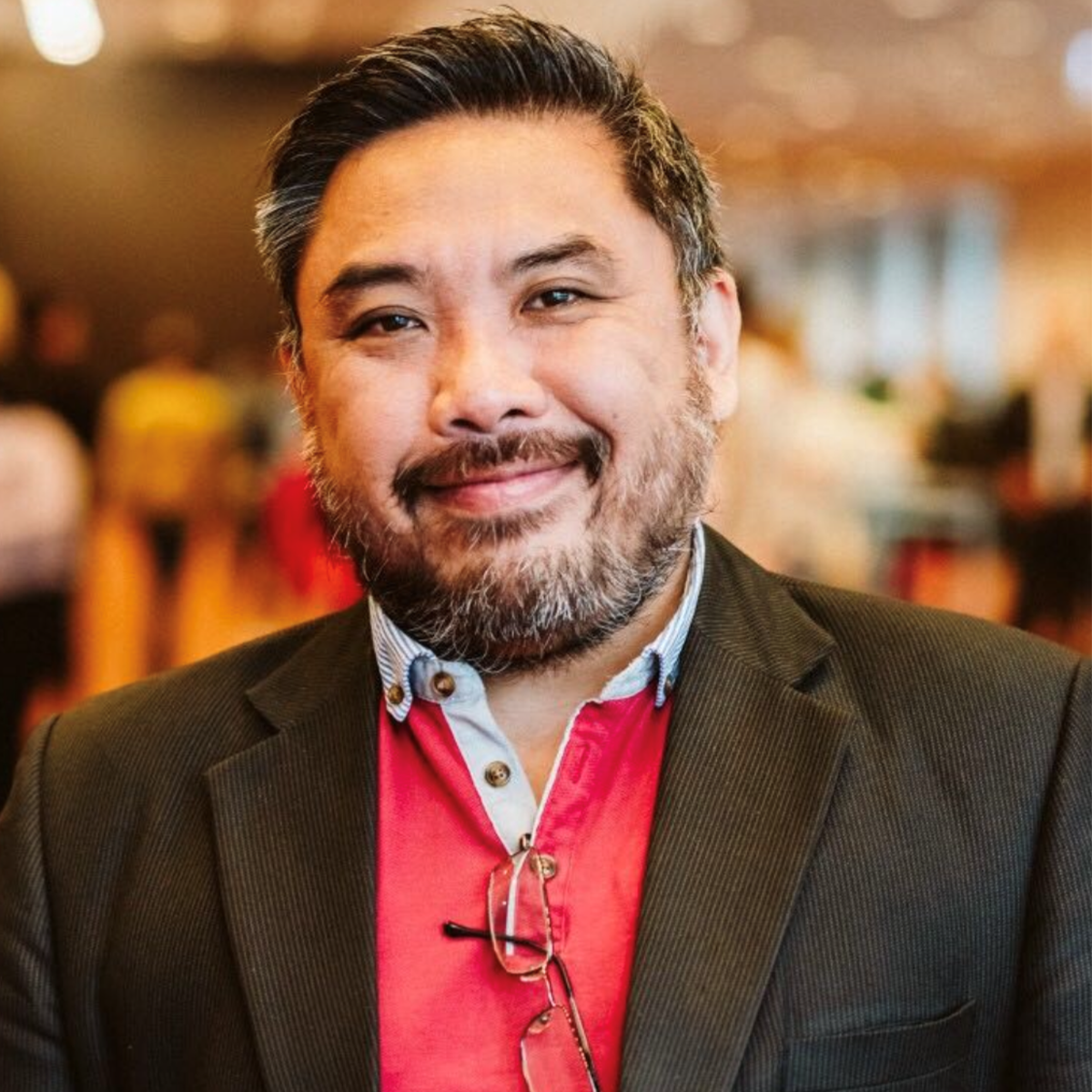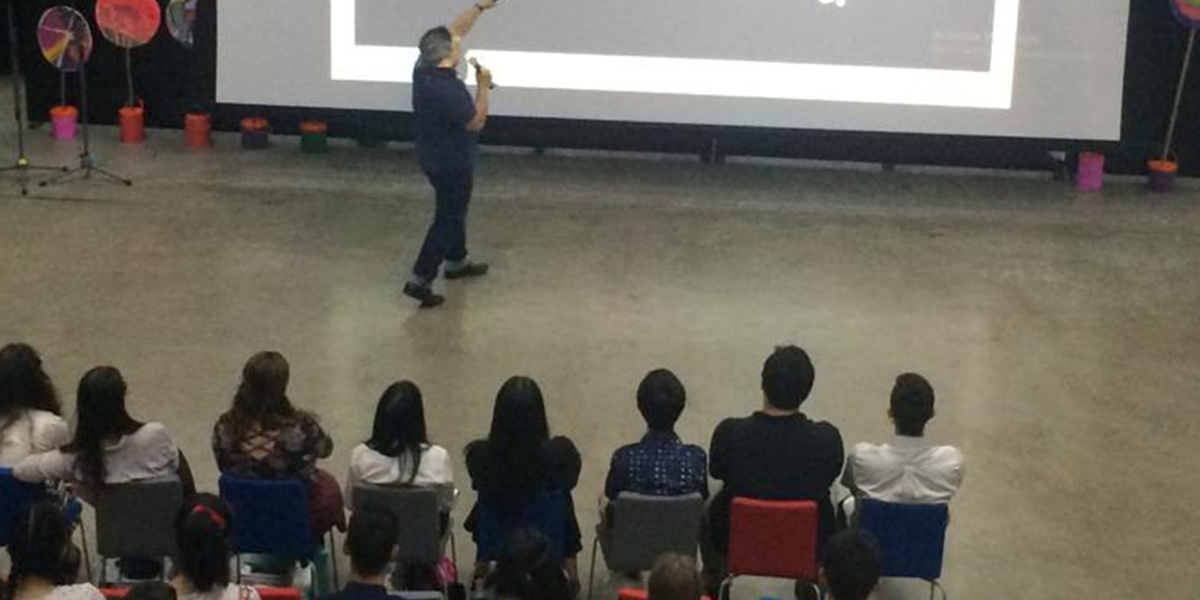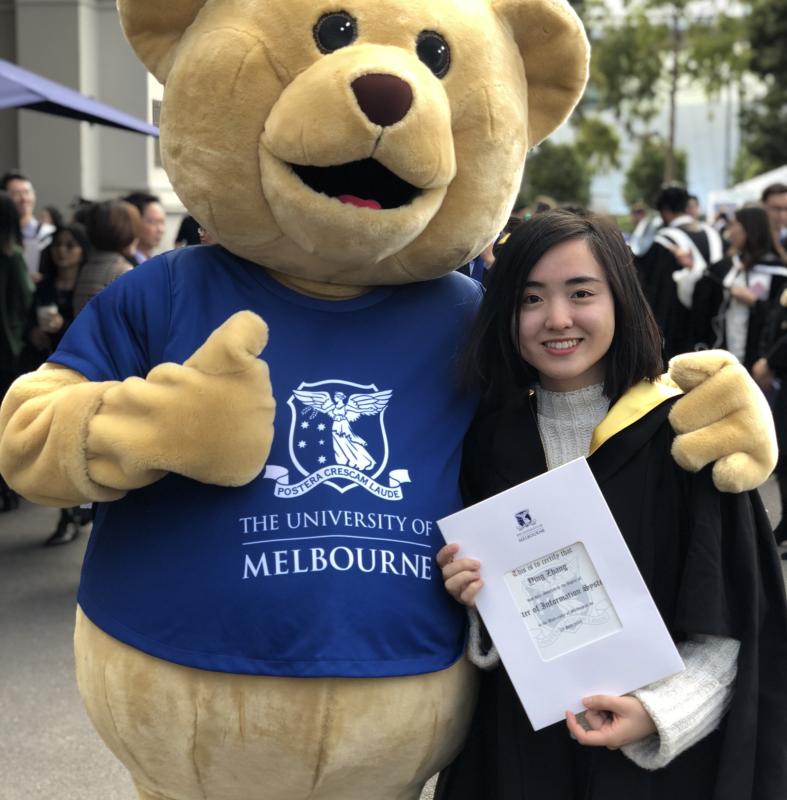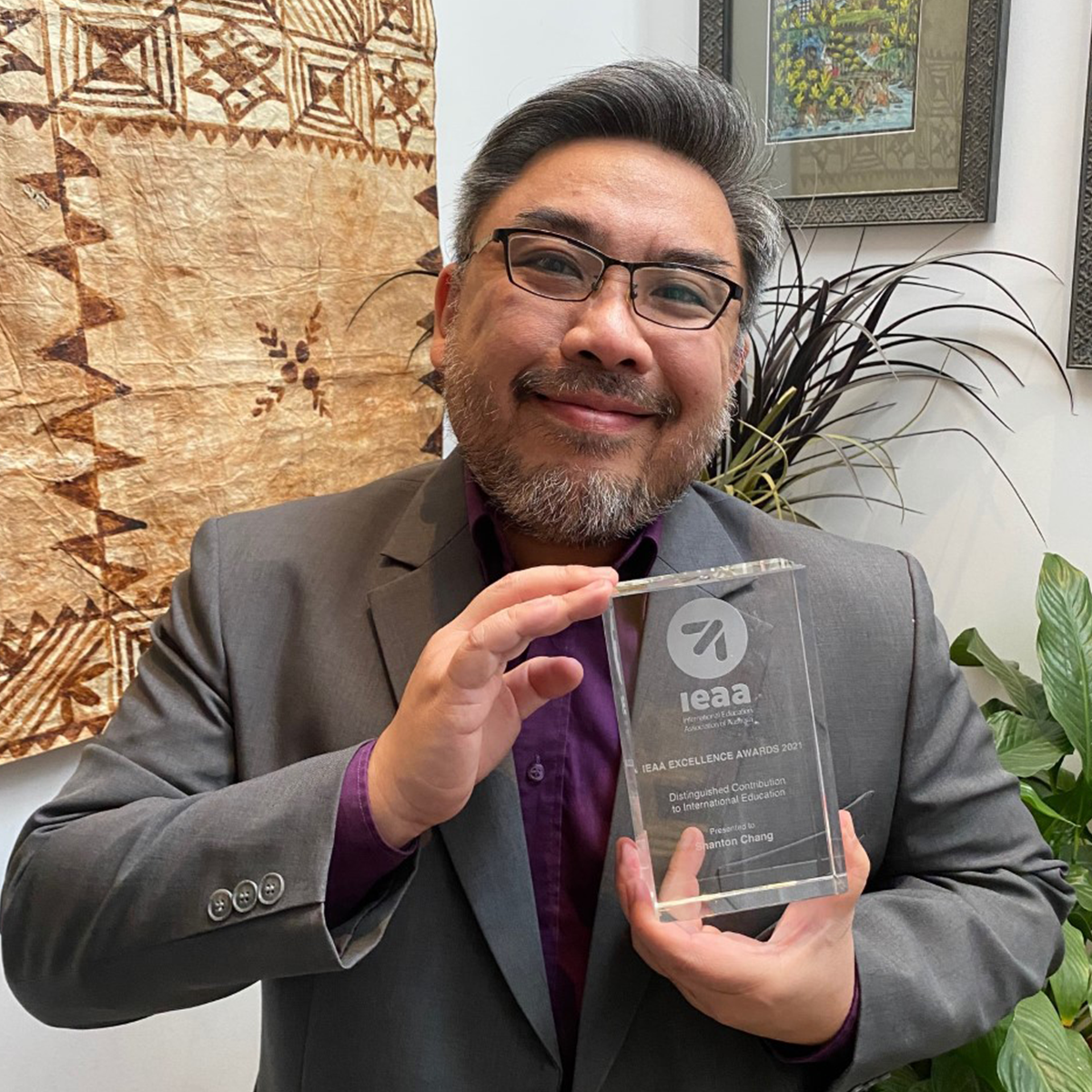
Professor Shanton Chang finds it easy to relate to international students. He first became one at the age of 11.
That’s when he left his Malaysian hometown of Kuching to study in Singapore. A decade later, he was off to Perth for university.
“It would be a mistake to think that I know what all international students are going through, because we're from different generations,” he says. “But I need to at least make an effort to find out.”
That effort has taken many forms. In the 1990s, while completing his PhD, he joined the National Liaison Committee for International Students, a peak body for international students in Australia. As National Convener, he helped design the first skilled migration program for these students.
And now, as a Professor at University of Melbourne’s Faculty of Engineering and IT, he’s conducting research into how technology impacts their behaviour and decision-making. For instance, he’s looked at the role and impact of WeChat on Chinese students’ academic activities.
Professor Chang is also his faculty’s Associate Dean (International), and determined to help students work and interact across cultures.
“When you’re 18, most people would go with what’s in their comfort zone, so the onus is actually on the universities to provide an environment where cultures can mix,” he says.
He says such environments help combat one of the biggest challenges for international students: loneliness.
Professor Chang’s student workshops on improving employability stress the importance of mental and physical health.
“It’s almost like talking about wellbeing by stealth,” he says. “One of the things I always say to students is, ‘if you’re not well, you can’t be a good student’.”
A ‘role model’ for international students
It’s not hard to find students who have benefited from Professor Chang’s mentorship.
Ying Zhang took two of his subjects as part of her Master of Information Systems.
“He taught us all the technical skills and knowledge, but I think that beyond that, he was also training us to be successful in life,” she says.
Ying describes her former Professor as someone who genuinely cares. She recalls him taking students to an acting class, where they learnt body language techniques to help them feel more confident. He also signed up for WeChat, so that he could join the students’ online groups and answer their questions after hours.
“He really sees what’s hindering international students. It’s the language skills, it’s the cultural understanding of Australian society, it’s understanding how the tech industry works and how to apply for a job [in Australia],” Ying says.
“Shanton did a lot of work to help us get to know Australian society and culture, and to introduce us to other people in his professional network.”
But there was one moment that particularly touched Ying.
During a lesson on presentations, Professor Chang re-enacted how he used to present when he was a student; softly spoken and reading nervously from a script.
“That image just struck me so heavily because Shanton, in my eyes, has always been so eloquent and confident whenever he needs to speak in front of hundreds of people,” Ying says.
“That gap made me realise he’s actually come a long way as well. He wasn’t born that confident and eloquent. I realised that if I give it enough time, I can also improve the skills that I’ve always wanted to improve.”
Ying had initially planned to return to China after a few years of working in Australia. But that class led to a change in heart.
She applied for a competitive graduate program at a major real estate advertising company, the REA Group.
“I think for my cohort, about 500 people applied and they would only take one person, and I was having a lot of self-doubt about whether I could make it,” she says.
“But every time I had that self-doubt, I just reminded myself that even for a person like Shanton who’s so successful and confident today had once been timid and not very confident. But it’s all about practising and perseverance.”
Ying got into the program. A year and a half later, she transitioned into a full-time business analyst role.
“Shanton and I still keep in touch from time to time,” Ying says. “Whenever something comes up or he knows someone who could be helpful, he would just send messages and let me know, and I’m really grateful.”
“He’s like a role model for me.”



More than economic gains
In 2021 Professor Chang’s efforts were recognised with an Excellence Award from the International Education Association of Australia.
Given the disruptions caused to universities during the pandemic, the sector is now taking steps to ensure students feel even more welcome and supported.
In 2019 alone, international education contributed around $40 billion to the Australian economy.
But Professor Chang says the benefits aren’t just to our economy.
“The things that you invest in are the growth you see after students graduate and their willingness to give back to future generations of students,” he says.
“All I have to do is ask them, ‘Hey, can you come and talk in a panel, and answer some questions and mentor some of the younger students?’, and the answer is usually yes.”
